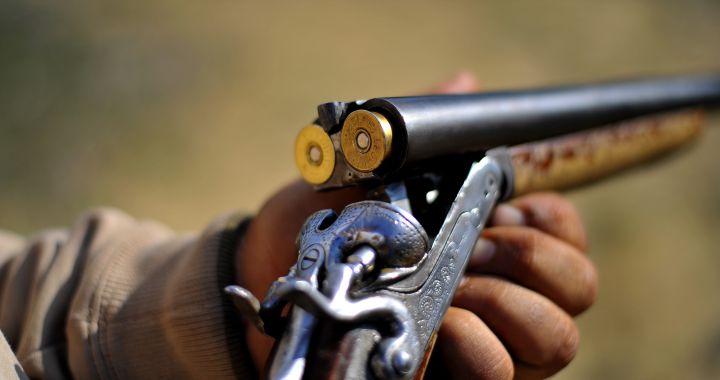Hunting is a widespread activity in Spain. Our country has almost 800,000 licenses, and most of the territory, 87%, is part of a hunting ground, according to data from the Ministry of Agriculture, Fisheries and the Environment. A practice that continues to arouse reluctance, especially among animalists and ecologists, who consider it archaic, cruel and very harmful to the environment.
Among the most used arguments against hunting, the environmental impact of ammunition, made with a highly polluting material: lead. A highly toxic substance which, when released into the environment, contaminates both soil and water, where it can take up to 300 years to decompose. It is estimated that each year between 4,000 and 5,000 tons of lead in wetlands across the European Union.
The effects of lead on human health, as well as on animals, have been widely demonstrated. According to the Spanish Food Safety Agency, its presence in the body can seriously affect the central nervous system, “particularly to the developing brain, the main target organ of its toxicity.” In addition, the inorganic compounds it contains have been classified by the International Agency for Research on Cancer as “probably carcinogenic”.
In the case of wildlife, it is the birds that bear the brunt: according to a study conducted by researchers from the Higher Council for Scientific Research (CSIC) and published in the journal Environmental sciences and technologieshe plumbing or plumb poisoning it is one of the main causes of bird poisoning. According to another report by the European Chemicals Agency, 14,000 tonnes of lead could cause the death of up to 2 million birds.
In Spain, a royal decree of 2021 already prohibited the use of this type of ammunition in wetlands included in the list of Ramsar Convention, a document signed in 1971 to protect this type of ecosystem. The regulations have thus aligned themselves with the recommendations of scientific bodies such as the CSIC, which recommended “phasing out” the use of lead ammunition in all habitats (not only in wetlands) and that hunters opt for less toxic alternatives, such as steel. . From now on, the ban issued by the EU will be extended to all ponds in the national territory, including artificial lagoons and irrigation ponds.
Hunters on the warpath
The lead ban put Spanish hunters on the offensive. After the approval of the Regulatory Committee, the Royal Spanish Hunting Federation (RFEC) sent a report to the Ministries of Agriculture, Ecological Transition, Labor and Industry in which it warned against the “disastrous consequences” that banning lead would have for Spanish hunters “and everyone in the countryside”. According to the hunters, the economic loss due to the lead ban would be “at least 5,700 million euros”, and would lead “one in four hunters” to stop hunting.
Hunting supporters went even further. In another report, published last October, the RFEC assured that the risks for human health of lead warned by the main international organizations “are based on mere guesses, estimates and speculations” which only aim to “politically induce a total ban on lead in ammunition”.

